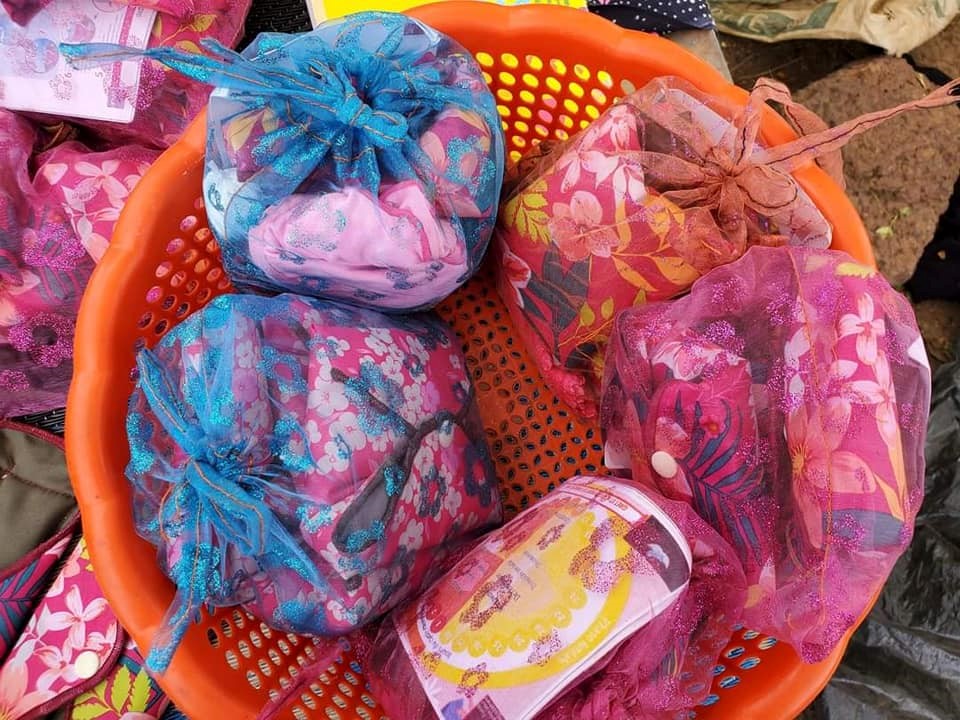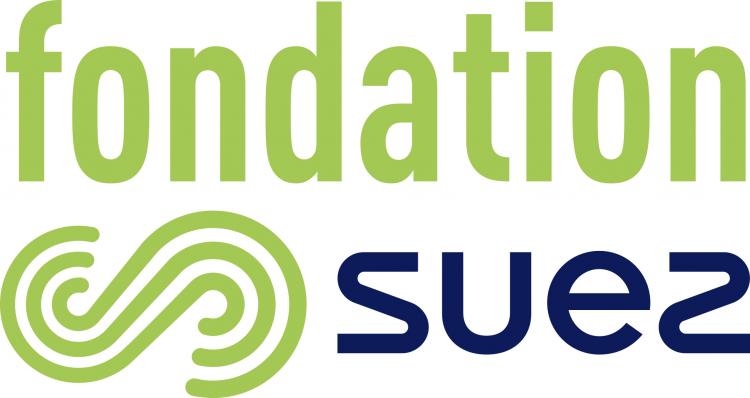In Senegal and Burkina Faso, it is difficult for women and girls to access to sanitary products, particularly in rural areas. Disposable sanitary pads are expensive: in Burkina Faso, their yearly cost is almost equal to the average monthly wage. Reusable sanitary products (cups or towels) are only available in large towns and are unaffordable for the majority of women living in rural areas.
Given this lack of affordable solutions, women and girls often have no choice but to use cloths or scraps of fabric, leading to significant problems in terms of hygiene, comfort and dignity. The absence of satisfactory alternatives to manage menstruation is one of the causes girls leave school.
A diagnosis conducted by GRET in 2016 demonstrated the population’s poor knowledge on menstrual hygiene. Girls attending school lack access to information and do not have a safe space in which to talk about this rarely discussed subject with their friends and teachers.
To address these problems, GRET initiated the Dignity and Health project in 2020. In Senegal and Burkina Faso, GRET’s teams are working with two women’s cooperatives – with which it had previously worked on other projects – to design and produce reusable organic cotton sanitary towels, which they then sell at an affordable price. This led to the creation of two brands of sanitary towels: Fantaa in Senegal and Vénégré in Burkina Faso.
In order to adapt to women’s various needs, two solutions are proposed: a maternity kit for heavy menstrual flow, and a Mousso kit for light and medium flow. The sale of these products enables the women’s groups to generate additional income complementing their other work activities.
The sanitary towels are sold via four channels:
Each kit comes with an informative guide and a menstrual calendar. A “comprehensive” option is also available, which includes a pouch for storage and baking soda that can be used to wash reusable sanitary towels.
To eliminate taboos around periods, GRET’s teams are conducting awareness-raising activities in schools and universities with healthcare professionals and teaching staff. These activities are aimed at girls and boys attending and not attending school. They consist of group discussions (in situ or on WhatsApp) and events, such as a forum for World menstrual hygiene day in May 2022.
Healthy: the sanitary towels are made from organic cotton; they protect intimate flora and reduce risks of irritation and allergies.
Hygienic: no risks of leaking or dampness.
Practical: very absorbent and easy to use, they allow total freedom of movement.
Easy to clean: the towels are easy to wash and dry.
Cost-effective: when the sanitary towels are well maintained, they can last a long time and enable considerable savings compared to disposable pads. The majority of competitors producing reusable hygienic protections target the middle classes, with a high sales price. The Fantaa and Vénégré brands propose lower sales prices in order to meet the needs of women and girls with low incomes. Buying Fantaa and Vénégré products also supports women’s entrepreneurship.
Ecological: the towels can be reused for at least two years. Contrary to disposable protections, they do not generate waste every month.
Disposable sanitary pads cost around 12,000 FCFA per year. With the Fantaa brand, two kits will last at least two years. The cost is therefore four times lower. In comparison to other reusable protections, the Fantaa and Vénégré brands offer the lowest prices on the market. With Fantaa and Vénégré, 2 kits are sufficient to manage menstrual hygiene for 2 years: the “Mousso” kit costs around 6,000 FCFA, i.e. on average 4 times less than the price of disposable protections.

The two groups’ sales are increasing in Senegal and Burkina Faso, as well as in neighbouring countries. For example, the Bani Israël women’s group sold 15,319 sanitary towels between January 2021 and and June 2022, including 870 in Mali and Guinea-Bissau.
Given the high level of demand, GRET wants to continue supporting the groups and help to set up new cooperatives in other countries. It is envisaging the creation of a franchise that would provide cross-cutting services (marketing, logistics, supply) to groups and brands in the various countries.
Brand: Fantaa – which means independence/freedom in Jahanka.
Composition and organisation of the group: 27 members, 10 women in charge of production, 15 in charge of marketing, a treasurer and an orders coordinator.
Production capacity: 150 sanitary towels per day.
Products and prices: three Fantaa sanitary towels cost 4,000 FCFA for the “maternity” kit (5,000 FCFA with accessories) and 3,000 for the “Mousso” kit (4,000 FCFA with accessories). A new “comfort” kit contains 2 “maternity” towels and two “Mousso” towels for 5,000 FCFA.
Sales: from January to May 2022, the group sold 15,318 sanitary towels.
Brand: Vénégré.
Composition of the group: 79 members, including 10 women in charge of production, a treasurer and a monitoring officer. All the members of the group are concerned by sales and seeking customers.
Production capacity: 200 sanitary towels per day.
Products and prices: a “Mousso” kit containing 4 towels costs 4, 000 FCFA (4,500 FCFA with accessories). The “maternity” kit costs 4,500 FCFA for 4 towels (5,000 FCFA with accessories).
Sales: from January to May 2022, the group sold 6,470 sanitary towels. This difference in sales compared to the Senegalese group can be explained by the security context and less use of social media for sales.
Financial partners:
The Waterloo Foundation, Fondation Suez
Funding of kits distributed in schools: Municipality of Bani Israël, UNICEF, NGO VIS
Project contacts:
Burkina Faso:
Maiga Mariama: maiga-m.burkina@gret.org
Sénégal:
Sy Aissatou: sya.senegal@gret.org
France:
Santi Marion: santi@gret.org

